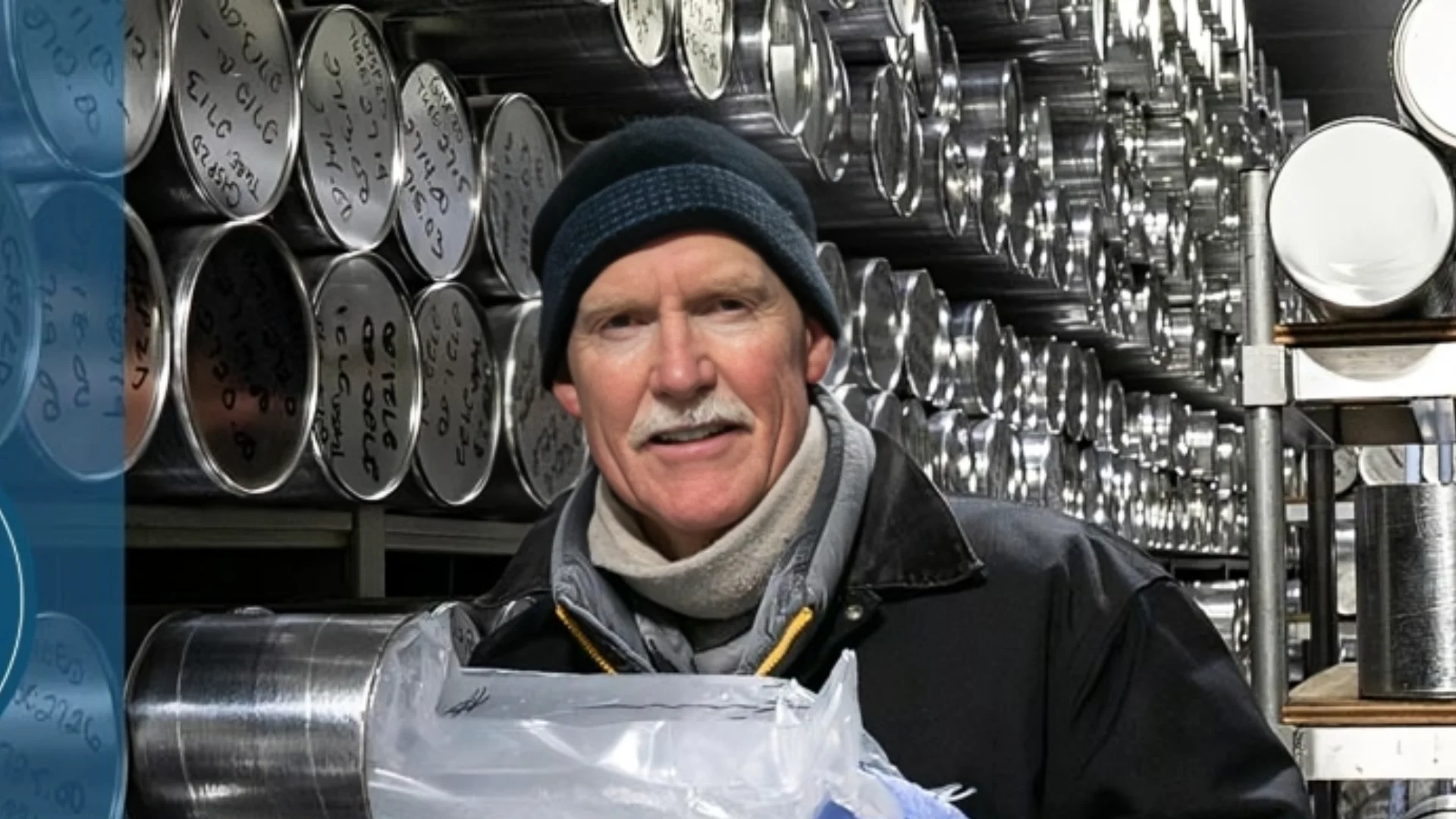Desert Research Institute
Higher Ed: Academic Departments/Divisions | Research Institute or Center
Recent News About Desert Research Institute
-
Study finds household dryers release thousands of tons of microfibers each year
Household dryers are a significant source of microfiber pollution, according to a new study conducted by scientists at the Desert Research Institute (DRI) in partnership with the nonprofit Keep Tahoe Blue.
-
Ashley Cornish wins Desert Research Institute's national award for women in atmospheric sciences
Ashley Cornish, a doctoral candidate at the University of Georgia, has been named the recipient of the 27th annual Peter B. Wagner Memorial Award for Women in Atmospheric Sciences.
-
Study finds nearly 40% of Nevada wells show significant groundwater declines
A recent study published in Hydrological Processes has found that groundwater levels are declining significantly in nearly 40% of thousands of wells analyzed across Nevada.
-
Scientists achieve first simulation of wildfire-driven thunderstorms using earth system models
On September 5, 2020, California’s Creek Fire produced a thunderstorm so intense that it created its own weather system.
-
DRI researchers receive NSF grant to investigate causes of post-fire soil water repellency
Researchers at the Desert Research Institute (DRI) have received a grant from the National Science Foundation to study the chemical processes in soil that occur after wildfires, which can make soil repel water and increase risks of floods and...
-
Keep Tahoe Blue partners with DRI and The Tyre Collective on Lake Tahoe pollution study
Keep Tahoe Blue, The Tyre Collective, and the Desert Research Institute (DRI) have launched a pilot program in partnership with the Emerald Bay Shuttle and its operator, Downtowner.
-
DRI partners with Atomic Museum for free student field trips on radiation science
DRI and the Atomic Museum have announced a new field trip program called “Exploring the Invisible: A Hands-On Journey into Radiation Science.” The initiative is aimed at students in grades 6 through 12 and seeks to increase interest in science,...
-
DRI offers TMCC students practical science experience through summer internships
This summer, the Desert Research Institute (DRI) hosted eighteen students from Truckee Meadows Community College (TMCC) at its Reno campus for a ten-week paid internship.
-
Scientists uncover new microbes in Antarctic subglacial lake Mercer
An international team of scientists has reported the discovery of previously unknown microbial communities living beneath the Antarctic ice sheet in Mercer Subglacial Lake.
-
Desert Research Institute helps develop AI-based tool for virus detection via wastewater
A new study co-authored by Duane Moser, a microbiologist at the Desert Research Institute (DRI), introduces an artificial intelligence-driven method for detecting and analyzing emerging virus variants through wastewater surveillance.
-
Desert Research Institute seeks Washoe County residents for study on heat, wildfire smoke impacts
DRI and Northern Nevada Public Health are seeking Washoe County residents to participate in a research project focused on the health impacts of heat and wildfire smoke.
-
Ice core discovery reveals Europe's ancient climate history
Reno, Nev. – Researchers from the Desert Research Institute (DRI) have uncovered a significant ice core from Mont Blanc's Dôme du Goûter in the French Alps that dates back to the last Ice Age.
-
Lichens suggest potential for extraterrestrial life despite intense solar radiation
The possibility of life on planets outside our solar system has long intrigued scientists.
-
Study highlights role of urban street trees in mitigating Las Vegas heat
Reno, Nev. – With rising temperatures breaking records in Las Vegas and the broader southern Nevada region, a recent study sheds light on the role urban street trees could play in mitigating extreme heat.
-
Study links wet soils with increased flood risks during atmospheric river storms
Atmospheric rivers are known for causing most of the flooding on the U.S. West Coast, while also providing essential moisture to the region.
-
Study reveals insights into winter flooding patterns in California's Central Valley
California's Central Valley, a vital agricultural area and home to over 1.3 million people, faces significant challenges with winter flooding.
-
Study finds Western U.S. spring runoff takes over five years from snowfall
DRI’s Rosemary Carroll, a research professor of hydrology, has co-authored a study revealing that spring runoff in the Western U.S. mountains is older than previously thought.
-
Study examines impact of wildfire smoke on air quality in Western U.S
Researchers are focusing on the effects of wildfire smoke on air quality, public health, and weather in a new study published in Environmental Science: Atmospheres.
-
Graduate students showcase research at annual DRI poster session
On April 25, 21 graduate students presented their research at the Desert Research Institute (DRI) in Reno.
-
Nevada invests $1.8 million in WaterStart for innovative water technology development
The Nevada Governor’s Office of Economic Development (GOED) has announced a $1.8 million investment into WaterStart, a nonprofit organization based in Nevada.





















